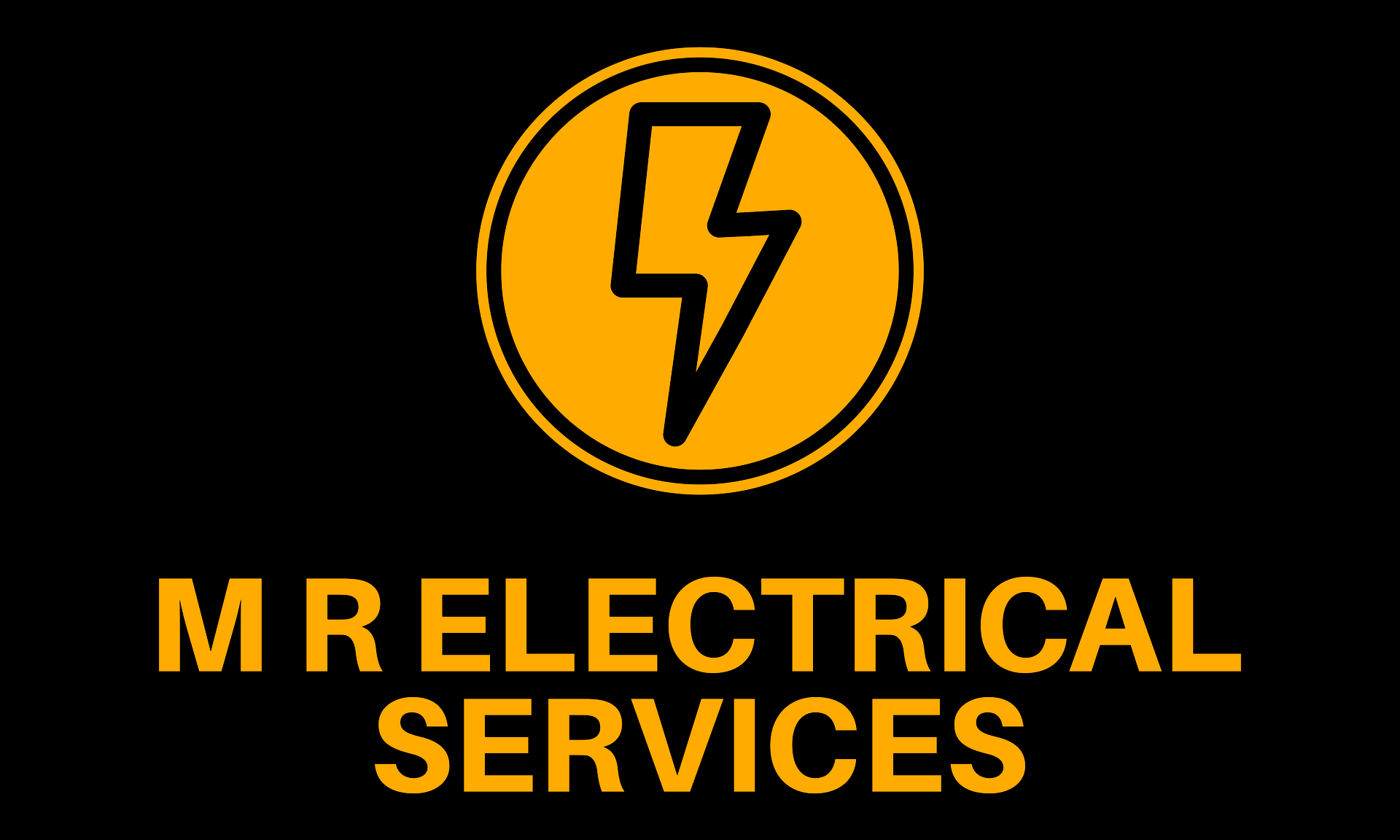EICR testing FAQ's
Q. What does EICR mean?
A. EICR stands for an Electrical Installation Conditioning Report.They used to called a PIR, Periodic Inspection Report
Q. Do I need an EICR?
A. From July 1st 2020 all new tenancies will require an EICR, from July 2021 this includes all rental properties. in addition to this it has always been a legal requirement that all electrical installations in a rented property are safe and do not carry the risk of death or injury. Why take the chance, we can complete a full EICR and highlight any issues in your property
Q. How often should a property be inspected?
A. The type of premise that the EICR is for will dictate the frequently that it is required. For example:
private homeowner – Every 10 Years,
Rented home – Every 5 Years,
Caravan – Every 3 Years,
Swimming Pool – Every Year.
Q. Will there be any loss of power or disruption during testing?
A. A minor power outage can be expected on circuit when it is being tested, but the majority of the testing is done while the system is still live. We will do everything possible to minimise disruption.
Q. Is there anyway to spot issues before they become a problem?
A. Yes, you can perform a visual check on most electrical equipment. This involves looking at plug sockets and appliances and checking for any defects or damages, to the casing, wiring and any visible signs of deterioration. Although you can do this, a proper check from a qualified electrician is also highly recommended such as the ones from EICR Testing. Its advisable to highlight any issues you are aware of to the engineer prior to them visiting as they can make minor repairs. An example being damaged socket outlets that you are already aware of.
Q. How long does an EICR take to complete?
A. Our aim is to complete the EICR test as quick as possible in a safe manner, but testing time will vary on size of electrical system we are testing. The report is usually supplied on the same day following full payment.
Q. What does the report consist of?
A. The report will detail every electrical installation that needed to be tested. Whether it passed or not, and details of any remedial work required and their fault codes.
Q. What are the fault codes?
A. Fault codes are used to denote the level of fault and ultimately risk with an electrical system.
C1 means ‘Danger is present’, risk of injury is likely and IMMEDIATE action is required.
C2 is the classification for POTENTIALLY dangerous and remedial action is needed urgently.
C3 is the last classification code, and the only one that can appear on a report and have it still pass the EICR test. C3 means improvement to your electrical system is recommended but not required.
Q. Who can provide an EICR?
A. An EICR – is an in-depth inspection of the electrical systems at your home, place of work or public premises.
Periodic testing and inspection should only be carried out by an electrically competent, qualified electricians. MR Electrical services engineers are qualified to City & Guilds 2391-52 Inspection and Testing level. The lead engineer is qualified to degree level with many years experience in designing, installation and maintaining industrial, commercial and domestic installations.
Q. Who needs an EICR?
A. Electrical Installation Condition Reports are for any buildings or premises which have electrical systems. They are used by business owners, homeowners, landlords and authorities which manage a variety of public buildings, such as schools, churches and leisure centres etc.
There are many reasons why a business or property owner might request an EICR and there are many benefits to having one, but what it often boils down to is documented proof that the on-site electrics are safe. More frequently they are requested for properties being sold.
Q. How much does an EICR cost?
A. The cost of an EICR varies from premise to premise. At MR Electrical systems the typical price of an EICR starts at £120.


